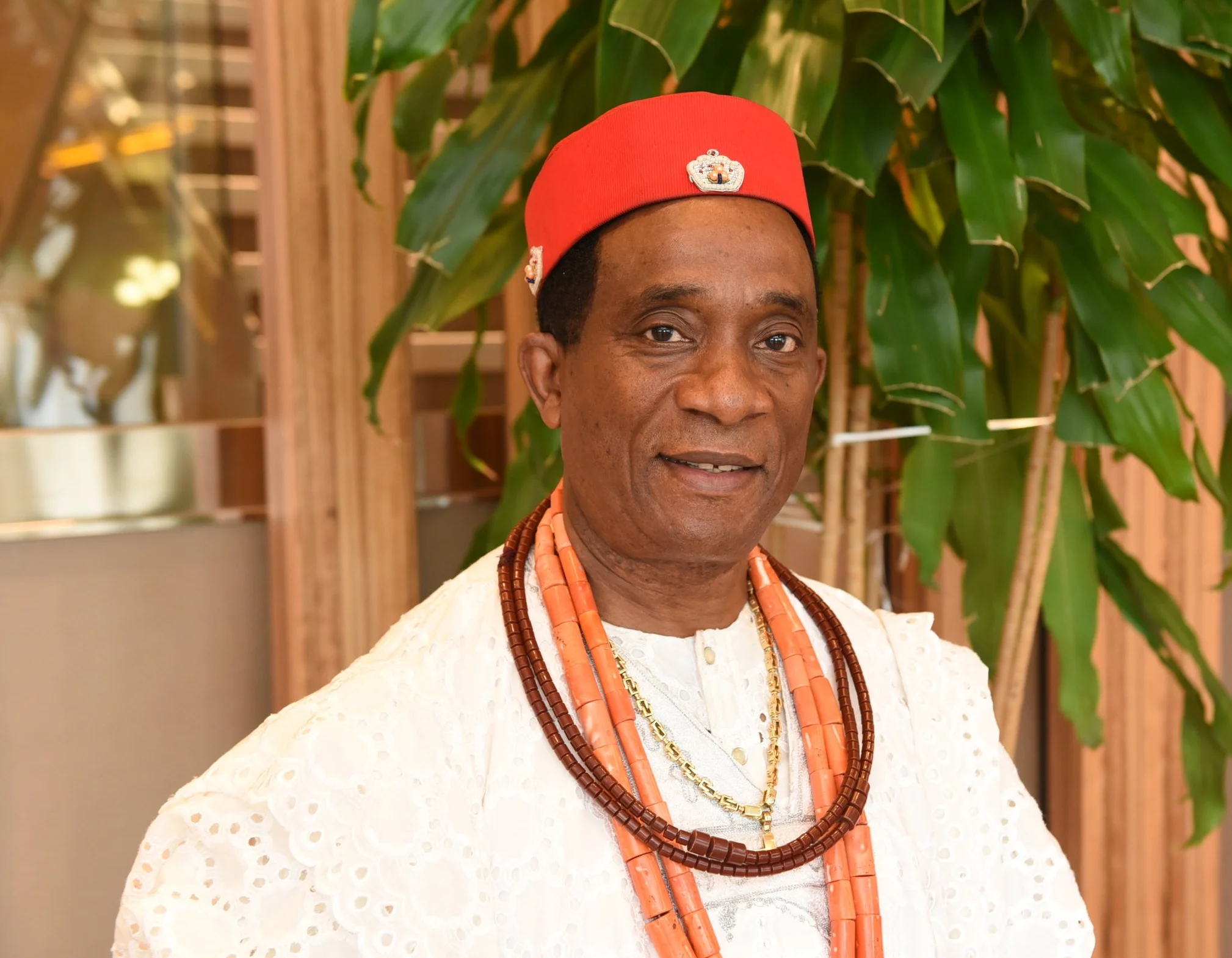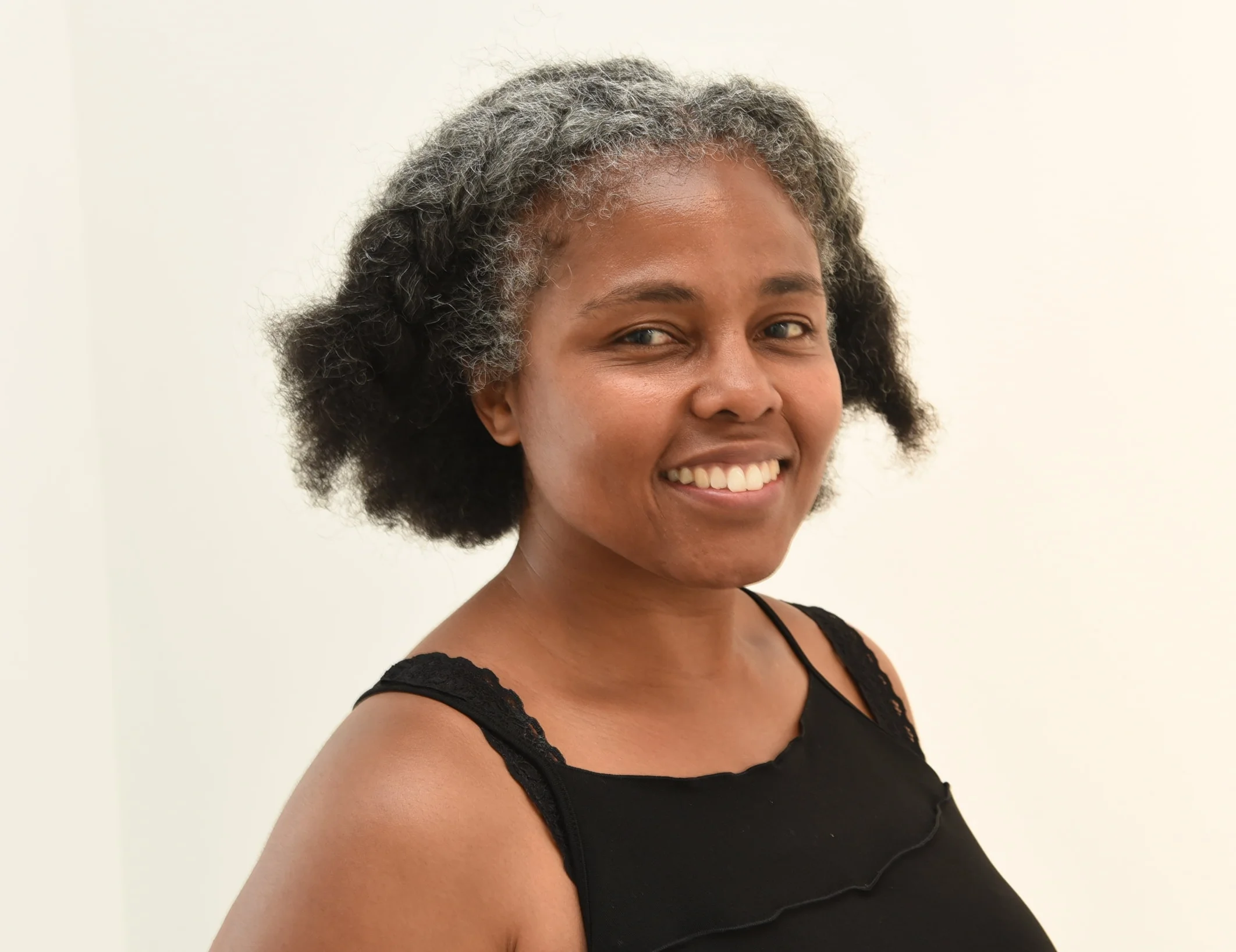Black Durham cops join senior officers rank
June 23, 2017
A month after graduating from high school, Jeff Haskins was sworn in as a police cadet.
Twenty six years later, he doesn’t regret the decision to forego university for an early start to a law enforcement career.
Haskins and Peter Cousins made history recently becoming Durham Regional Police Service’s first Black senior officers.
Already accepted into university, Haskins recalls a brief conversation he had during the interview process that made the decision easier to become a police officer.
“The recruiter suggested that I could join the Service and they would support me with my post-secondary education even though I would have to do it part-time,” said Haskins. “He said I could have the best of both worlds.”
He was right.
Sworn in as a uniformed member three years later, Haskell has served with dignity, pride and distinction in the regional municipality that has been his home since 1984.
“When you look at where I am right now, I think I have exceeded my professional expectations,” said the newly minted inspector.
Born in Toronto, Haskell was adopted when he was just eight months by immigrants from England. His biological mother is from St. Vincent and the Grenadines and he never met his birth father.
After spending four years in Argentina when his adopted dad, who worked with Ontario Hydro, was assigned there to provide nuclear reactor training, Haskell—who was fluent in Spanish at the time – came back home to complete elementary and secondary schooling before becoming a cop.
Starting out as a patrol officer, he moved to the morality unit and was assigned briefly to Toronto Police Service’s 13 Division where he worked with retired staff sergeant Jim Qualtrough.
“Jim basically took me under his wings and took me through the sequence of investigating booze cans and bar enforcement,” he said.
After a secondment to the Ministry of Community Safety & Correctional Services as an auditor, Haskell received his first promotion in 2006. He also worked in his Service’s intelligence unit and with professional standards and was a patrol services leader for Ajax/Pickering for three years before being seconded to the DRPS executive staff in April 2015 to conduct an evaluation of the Service’s diversity plans, policies, programs and initiatives and help broaden the strategic organizational framework.
The diversity and inclusion strategic plan will be incorporated into the business planning process and will be a feature aspect of the Service’s 2017-2019 business plan.
“I thought the hard work was putting together the plan and getting the leadership to buy into it,” said Haskell who will transition out of this role shortly and be assigned to the regional duty office. “The reality is the real work has now begun in earnest and that is to implement the objectives within the overall plan.”
Along the way, he has taken every opportunity to enhance his education.
Armed with a police foundations certificate from Humber College and a justice studies degree from the University of Guelph-Humber, Haskell is among a 24-member cohort in the 2017 Canadian Association of Chiefs of Police (CACP) executive global studies program.
During the first phase of the program that started last January, participants explored their assigned theme, ‘Measuring & Responding to the New Dimensions of Public Trust and Confidence’. The cohort is expected to explore and build a deeper understanding of the challenges and opportunities contained within this research theme in both a domestic and global context.
The participants will develop new skills, abilities and insights in interpretive inquiry and systems inquiry while learning and applying a variety of research methods. They will receive coaching, guidance and current information from experts in the subject matter and from the academic research community while they work together to define their research question and to develop a common framework for their studies.
They also focus on field study planning and team building and conduct in-depth research at the selected study sites with a view to identifying key elements, methodologies, policies, practices, relevant systems and technologies, and socio-political insights that may be relevant to similar challenges in Canada.
Haskell’s group travelled to The Netherlands, Belgium and Switzerland.
The cohort’s outcomes will be presented to the CACP general membership at the annual conference in Montreal next month.
Haskell has relished every moment as a law enforcement officer.
“I have actually had about seven careers rolled into one because each time that I have moved, my skills set is challenged,” he said. “There is always something different happening and that reinvigorates my passion for the work I do.”
Cousins migrated from Jamaica the same year Haskell became a uniformed officer.
Peter Cousins
“I came here when I was 22 and I didn’t have Canadian experience to acquire a steady job and something I like,” he recalled. “My brother was a cop back home and he was the one that suggested I try policing as a career.”
A Malton resident at the time, Cousins made it all the way to the final stage of the interview process with Peel Regional Police.
“That was when I knew I could do this job,” he said.
Subsequent applications to York, Toronto and Durham resulted in the southern Ontario police service being the first to call and hire him in October 1989.
Starting out in the community response unit, Cousins had stints with professional standards and human resources. He has also worked in the investigative office and as a patrol leader.
Promoted in 2000 to sergeant and staff sergeant six years later before attaining the rank of inspector last month, Cousins said policing has been a very fulfilling career.
“For someone who fell into law enforcement, I have enjoyed my job every step of the way and I am honoured to be reaping the rewards of my hard work through this promotion,” he said. “With this career, each role you take on is different and that provides a challenge that engages your mind.”
A graduate of the University of Technology, Jamaica, Cousins has been a part-time professor in Durham College’s police foundations program for the last six years.
Association of Black Law Enforcers (ABLE) founding president David Mitchell hailed the historic appointments.
“Jeff and Peter have proved that competence counts and hard work pays off,” said the youth justice services division assistant deputy minister. “I am happy that we as Black police and peace officers can experience the thrill of two significant promotions at the same time in policing. It is even more significant to the men and women from their community who serve, protect and correct that their promotions occurred during this year which marks the 25th anniversary of ABLE.
“Peter Butler III, who was Canada’s first Black law enforcement officer, experienced challenges. Others who have gone before Jeff and Peter have also faced hurdles. They too will be tested. The difference now is that they have more people to support them in their continuous quest for success.”







